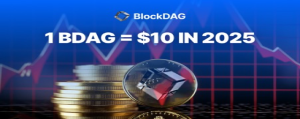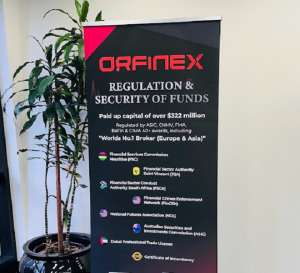The growing prominence of alternative payment methods over credit cards in emerging markets
It is no secret that the popularity of alternative payment methods (APMs) has grown exponentially in recent years. The global rise of eCommerce – accelerated in large part by the pandemic – contributed significantly to the prevalence of APMs. They typically have a lower risk of fraud compared to credit and debit card payments and are more secure, making them ideal for online transactions.

While many people in Western countries have adopted APMs among a variety of payment options – including credit and debit cards – for consumers in emerging markets, APMs are paramount.
What are alternative payment methods, and why have they become so popular?
Alternative payment methods are ways of making purchases without the need for a bank account, or physical payment card. They come in many forms, such as digital wallets, cryptocurrencies, bank transfers, mobile payment applications, or even prepaid cards.
Among their many benefits are speed, ease, and accessibility. Particularly when paying online, consumers can complete purchases faster and more seamlessly than with credit and debit cards, where it is often a requirement to fill out lots of information. Efficiency is crucial to fostering a positive payment experience for the customer and lowering the risk of abandoned shopping carts.
In many parts of the world, particularly Western countries, credit and debit cards have long been the most traditional vehicles for payment. However, outside of OECD countries – a collection of the world’s high-income economies – credit card penetration is typically lower than 20%. APMs do not require bank access for usage, which is a huge draw for people living in emerging markets – many of whom do not have bank accounts. There are multiple reasons for this, such as proximity to physical banks, lack of access to POS machines, concerns over security, or simply not having enough funds to require opening an account.
Further, credit and debit cards simply never gained the same prominence in emerging markets that they hold in other parts of the world, in which the sufficiency of digital alternatives has a big part to play. In Africa, smartphone ownership – and internet access – have become increasingly more commonplace. Mobile payments are therefore a convenient choice for consumers in that region, with usage reaching around 72% in Kenya, for example, where roughly 35% of the population have access to a bank account.
Are APMs a safer alternative to credit and debit cards?
The growth of eCommerce has many benefits, yet also gives space for a rise in online fraud. Security will therefore be a huge deciding factor for many online shoppers when choosing their preferred payment method. While no transaction – online or offline – can claim total security, fraud rates are certainly lower among APMs. This is another reason for their increasing popularity over credit and debit cards, which have all the data needed to make a payment right there on the card. With alternative payment methods, one can often complete transactions in a few simple steps, without giving any sensitive information.
It’s hard to break a habit, and Western consumers – who are already adapted to credit card usage – still tend to use these payment methods interchangeably with others. However, those without prior access to a bank account, and their associated payment cards, may find that actually – they don’t require them. Younger generations are growing more and more digitally inclined, and with 90% of people worldwide who are under the age of 30 living in emerging market countries, it is no surprise that alternative payment methods are favored in those regions. Credit and debit cards once took precedence within the payment industry, yet are slowly but surely losing this title.
How can merchants leverage the use of alternative payment methods to reach a wider consumer base in emerging markets?
Identifying these payment trends is only the first step for global merchants; the more important part comes with catering to the needs of customers in targeted regions.
It is anticipated that 20% of retail sales in 2022 will come from emerging markets. For businesses wanting to expand into these regions, implementing tools that allow them to cater to the needs of their consumer base is key. Payment gateways like Zotapay enable online businesses to sell their products and services, unlimited by location, currency, or payment method. The more payment options offered by the merchant, the more autonomy the consumer has, and therefore – the higher the chance of successfully completing a transaction.
Different payment methods fluctuate in popularity across various regions worldwide. With credit cards struggling to break into emerging markets, different types of credit-based options are becoming more commonplace. Digital wallets, for example, also offer a credit line such as lending, micro-lending, mortgages, insurance, and more. APMs are already ingrained into the payment ecosystems of many emerging markets, and so it is unlikely to be long before Western consumers – and businesses – follow suit.
Zotapay’s MetaGate connects online businesses with an array of local payment methods, with a large focus on remote regions and emerging markets. With our premium services, we can help you optimize your payment options and in turn, increase your global market reach.
Check out Zotapay’s website, or contact here to find out more.









